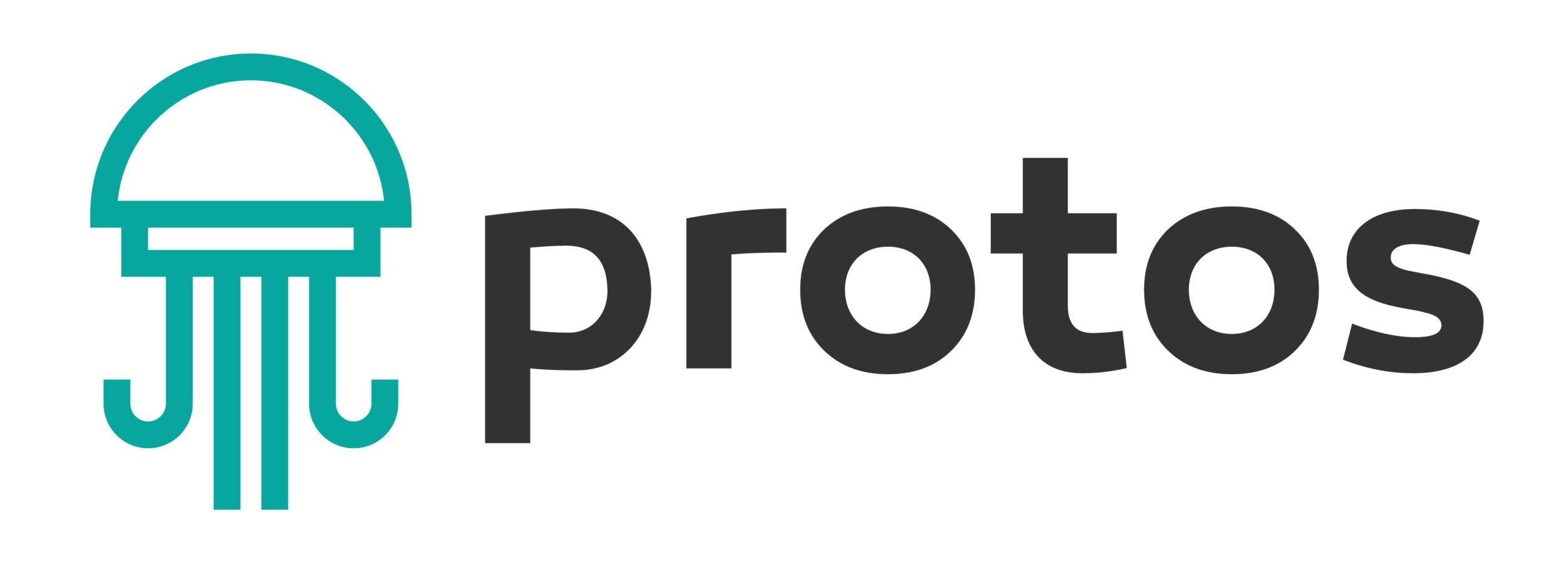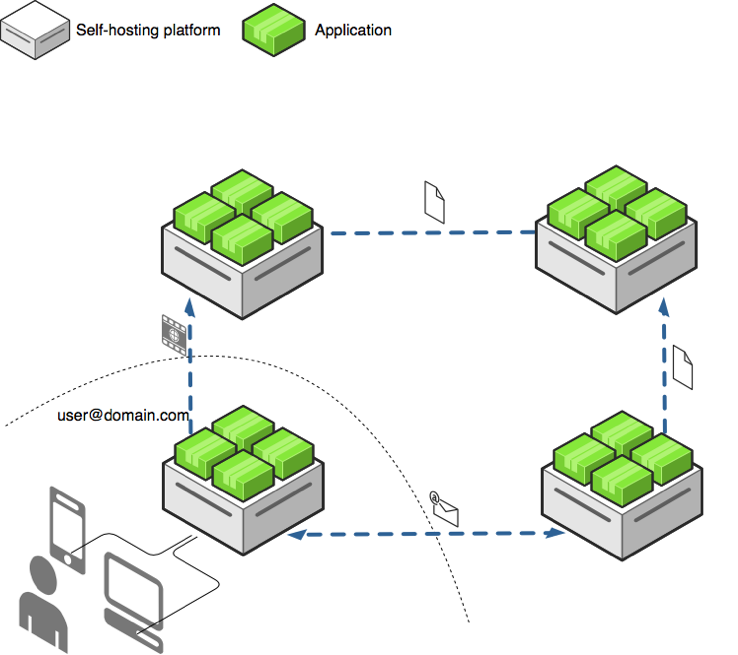Digital sovereignty through self-hosting

Protos is an open-source project that enables individuals and small organizations to take full control of their digital identity and data, by allowing them to self-host applications on public cloud providers or their own hardware

Sir Tim Berners-Lee
(WWW creator)
“The web has evolved into an engine of inequity and division; swayed by powerful forces who use it for their own agendas, ... Today, I believe we’ve reached a critical tipping point, and that powerful change for the better is possible — and necessary.”

Motivation
- The rise of "surveillance capitalism"
Internet centralisation has led to several problems that negatively affect usability and privacy:

- The weakness of centralised Internet services in the face of censorship and oppression
- The shattered digital self and the walled gardens
Project goal
Help decentralise the Internet and make Internet applications personal again. Become the Kubernetes of individuals and small organisations.


Self-sovereign identity and self-hosting model
-
users own their digital identity (domain name and cryptographic key)
-
applications are installed on the Protos self-hosting platform from the app store, similarly to how the iOS or Android app stores work
-
Protos runs on a rented cloud server (AWS, DigitalOcean etc) or on an "always on" computer connected to the Internet
-
application data is always private, unless the user decides to share it with the outside world
-
users can easily migrate their Protos instance together with their data, to any server provider or computer they prefer

Technical details

- modular resource system
Development progress
- alpha version of the Protos platform is done - ongoing effort to reach beta level
- basic app store is working - identity and monetisation still needs to be implemented
- cryptographic identity - research has been started but no implementation done yet
- no work has been done on the desktop and mobile applications

Challenges
- software ease of use - in order to make Protos into a mass market appeal, it has to be very easy to use, and that is technically challenging, but possible.
- users have been accustomed to not pay for the online services they use
- the market for self-hosting platforms is currently small but, with ease of use this has the potential to change completely, in the same way that the iPhone created a new market for pocket computers

Direct competitors

Similar products that are successful and can indicate potential market demand (3)
- similar to Protos in that it helps individuals and organisations take control of their data
- different from Protos because it is mostly focused on data storage and the ability to run other applications is limited
- different from Protos because it only offers a partial solution to the digital identity problem (domain name based identity)

End

Protos technical presentation
By alex giurgiu
Protos technical presentation
- 640


